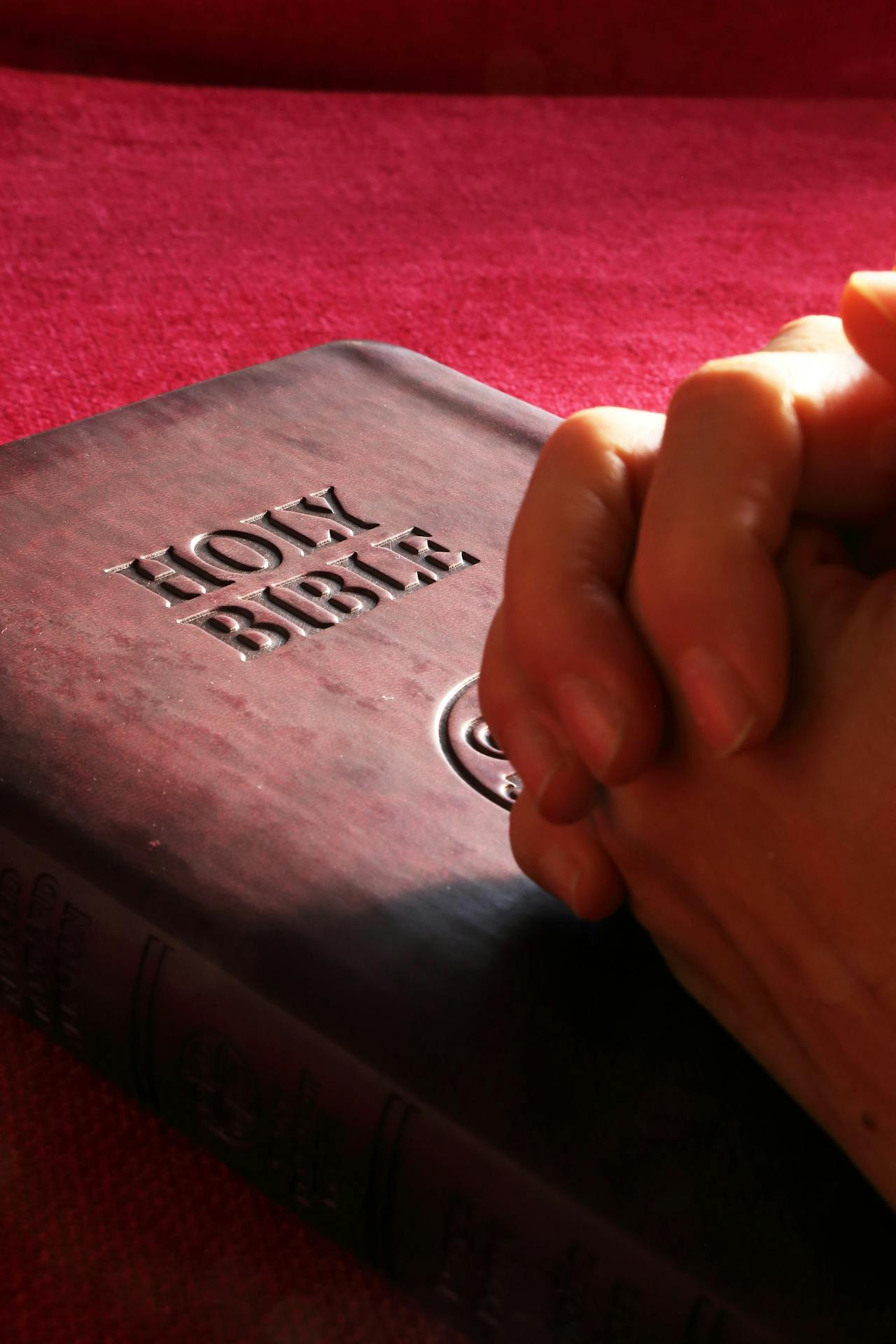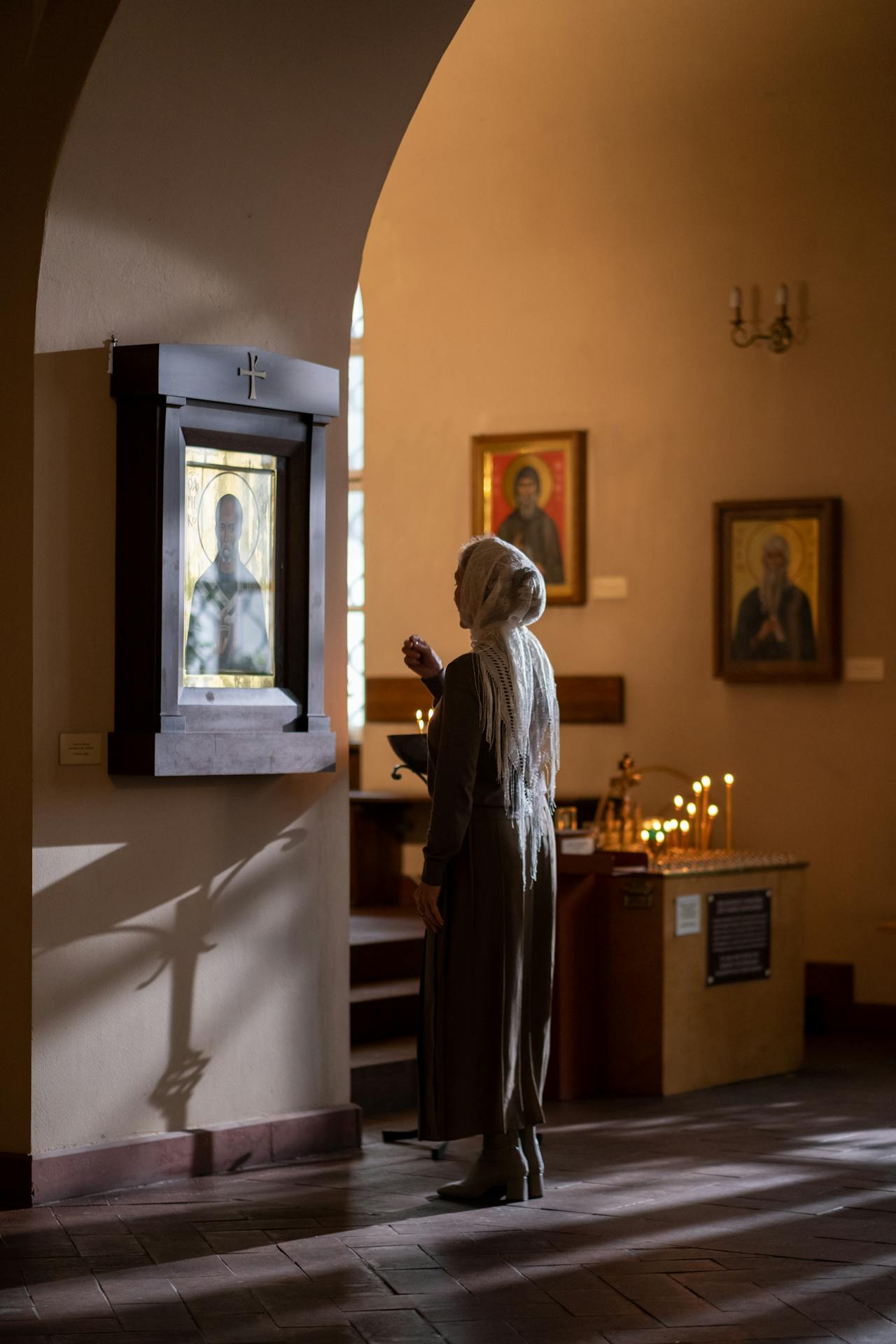Ever watched an anime where characters undergo those epic power-ups? Imagine fasting as the Christian version of that. By choosing to fast, you’re essentially putting a pause on fulfilling your bodily needs to shift your focus towards nurturing your spirit, unlocking a level of spiritual strength and clarity. Picture yourself, embarking on a seven-day food fast—yes, a whole week without a single bite. It will be no easy feat, yet amidst the pangs of hunger, you will experience an extraordinary attunement to God’s voice and the guidance of the Holy Spirit. Through fasting, you will discover a profound way to forge a deeper connection with God, propelling me to new spiritual heights in my relationship with Him.

But let’s get it straight: there’s a right way to fast, and it’s not just winging it. Interested in learning? Here are four essential steps. First up, define your why. Take a leaf out of Matthew 4:2, where it says, “And when he had fasted 40 days and 40 nights, afterward he was hungry.” Before Jesus kick-started His ministry and picked out His squad of disciples, He went on a 40-day fasting marathon. That’s setting the bar high, but the takeaway is clear: choose a specific period and purpose for your fast. Whether it’s skipping a meal, going 24 hours, or daring to extend beyond, your fast should have a clear mission. A heads-up, though—lengthy food fasts aren’t for everyone. It’s essential to touch base with a healthcare professional before embarking on a prolonged fast, especially if you’re navigating any health concerns. Remember, Jesus timed His fast strategically before diving into His ministry and selecting the twelve disciples, highlighting the significance of preparation and intention.
Diving into a fast requires a spark of intention. Start by pinpointing why you’re embarking on this spiritual journey. It might be in search of clarity for a crucial life decision, a dedicated time of prayer for something close to your heart, or a desire to deepen your spiritual discipline. Mark 9:29 hints at the unique power fasting can unlock—some spiritual battles are won only through the added strength fasting provides. But at its core, fasting’s purpose is beautifully straightforward: it draws us nearer to God.
With your fasting mission clear, the next step is straightforward but challenging: stop eating. Reflecting on Jesus’ experience in Matthew 4:2-3, after fasting for 40 days and nights, hunger wasn’t just a physical reaction but a stage set for spiritual testing. This episode doesn’t just highlight the hunger that comes with fasting but underscores the mental and spiritual fortitude required. It’s essential to recognize that traditional fasting focuses on abstaining from food. Modern interpretations might suggest fasting from social media, electronics, or specific foods, but such acts, while spiritually significant, differ from the fasting described in scripture. These practices can be meaningful offerings to God but are distinct from fasting, which scripturally involves a complete fast from food.
Brace yourself for the journey’s physical and mental rigors. Fasting will test your resolve, particularly in the early days or during your usual meal times. When it feels overwhelming, remember that drinking water, praying for strength, and recalling the purpose of your fast can offer solace. This practice of self-denial is not just about physical discipline but about fostering a closer, more profound connection with God. Maintaining privacy about your fasting is also scripturally advised. As Matthew 6:16-18 suggests, fasting should be a personal endeavor, not a display for others’ approval. This intimate act of faith is between you and God, meant to enrich your spiritual life without the need for external acknowledgment. By setting a clear intention, embracing the physical and spiritual challenge, and keeping the journey between you and God, your fast becomes a powerful tool for spiritual growth and connection.
Jesus advises to wash your face during fasting, emphasizing the importance of keeping your fasting journey a private matter between you and God. The crux of this guidance is to avoid parading your fasting as a mark of spiritual superiority. Jesus critiques those who flaunt their fasting, seeking validation for their piety. If asked about your fasting, there’s no need for pretense; honesty is key. The essence isn’t to showcase fasting as a spiritual trophy but to underscore it as a personal endeavor to deepen your connection with God.
Moving to the fourth and crucial step: intertwine fasting with prayer. Scriptures across Matthew 17:21, Acts 10:30, Acts 14:23, and 1 Corinthians 7:5 consistently highlight that prayer often accompanies fasting. This pairing is pivotal, not just in abstaining from food but in using these moments to draw closer to God, engaging deeply in prayer and meditation on His word during what would be meal times.
Consider the significant portion of life consumed by food-related activities—planning, purchasing, preparing, eating, and cleaning up. Fasting offers a unique opportunity to reclaim this time, dedicating it to spiritual reflection, questioning, and seeking God’s guidance. In your hunger, return to prayer, cultivating a rich, private communion with God. Remember, as Samuel Chadwick pointed out, haste is detrimental to prayer; genuine connection requires time and presence.
So, if you’re contemplating a fast, let these steps guide you: choose your purpose, cease eating, maintain the privacy of your fast, and enrich it with prayer. My own experiences with fasting—seeking direction, contemplating significant life decisions, or praying for the safety of others—have brought me closer to God. I share this in hopes that you, too, will find a deeper relationship with God through fasting, always anchored in the love of Jesus.







